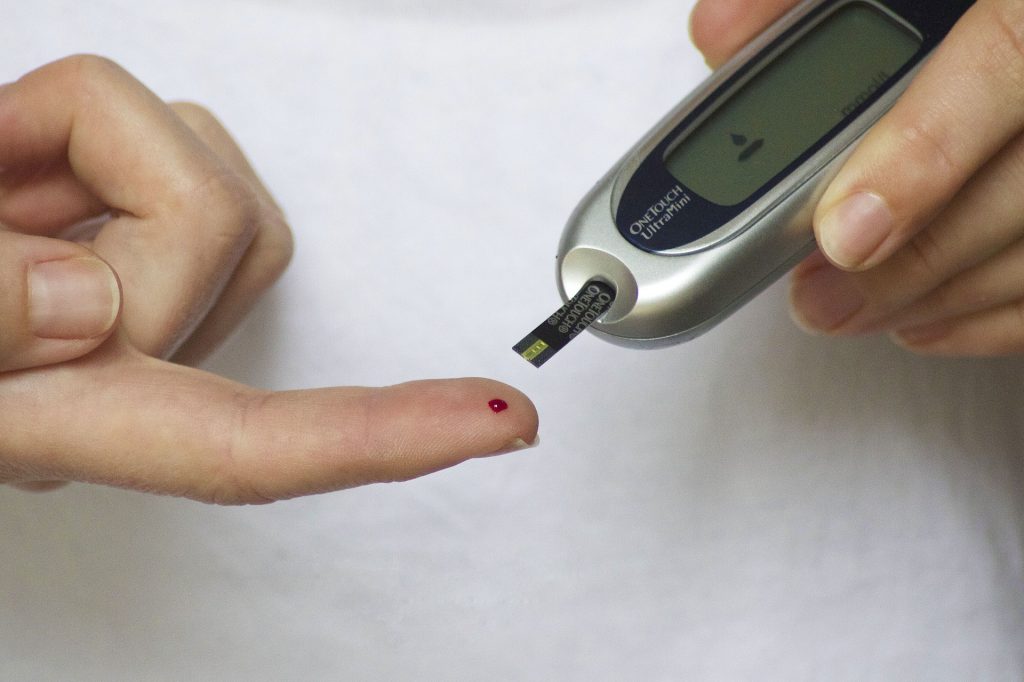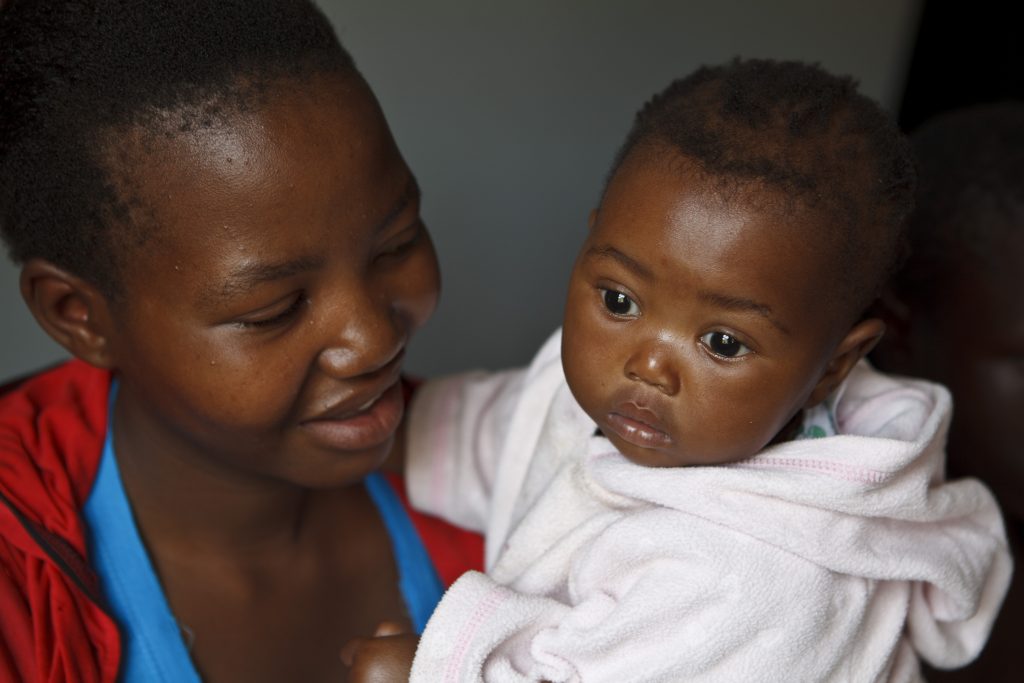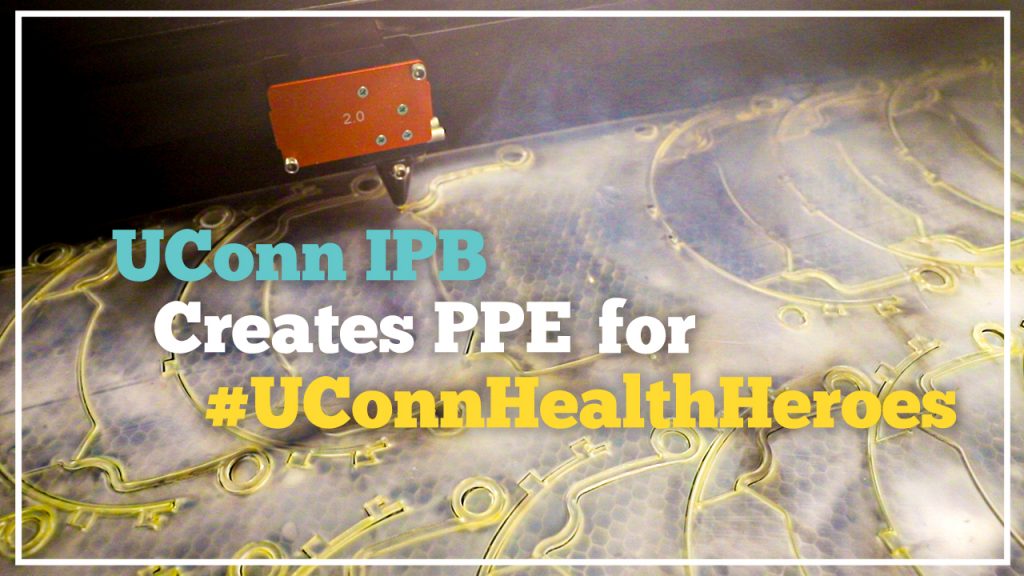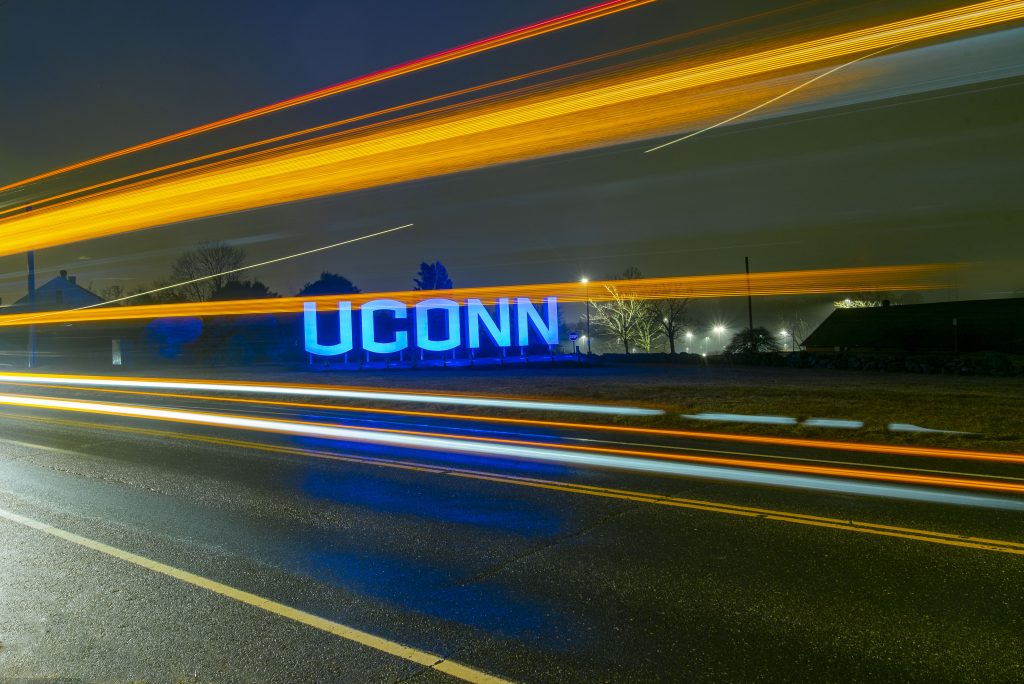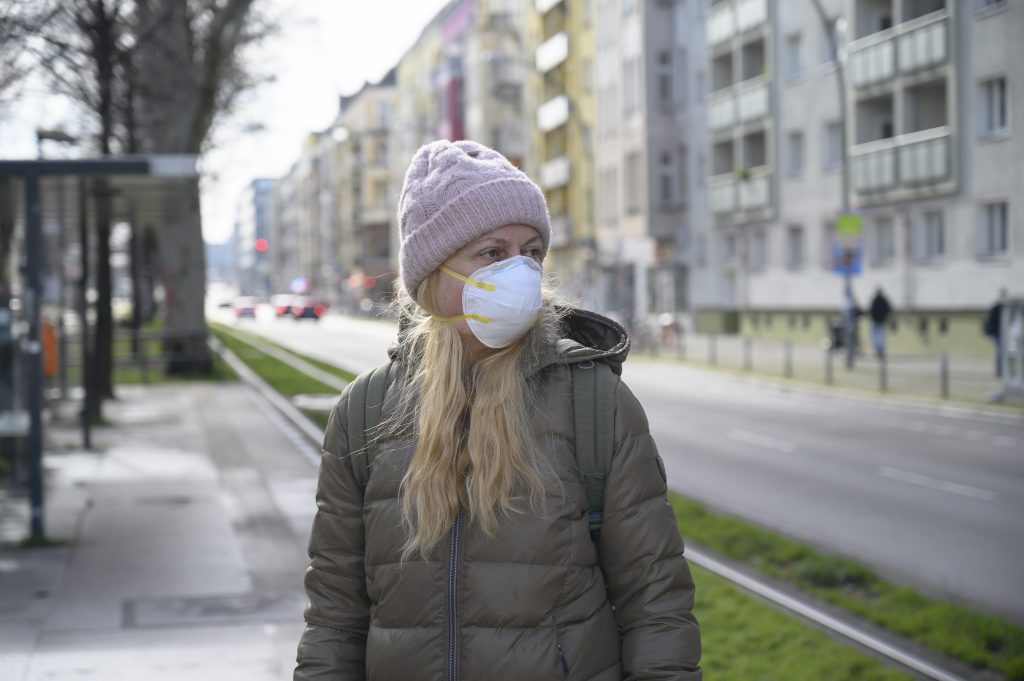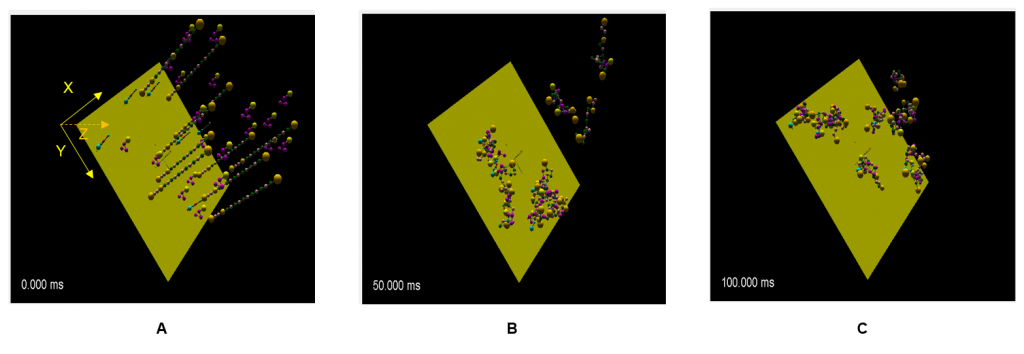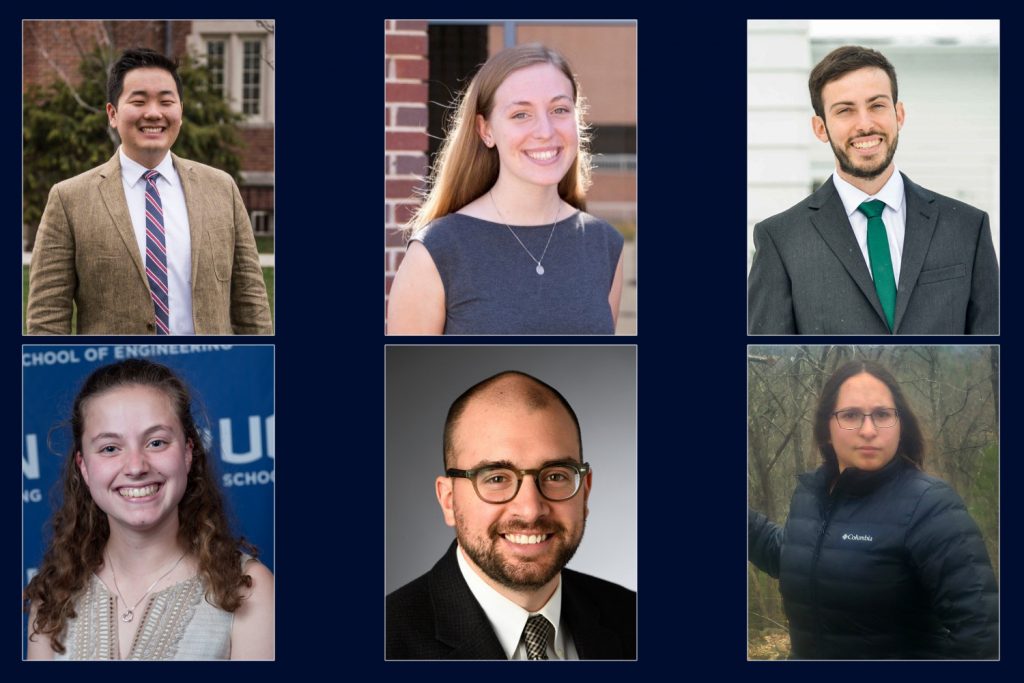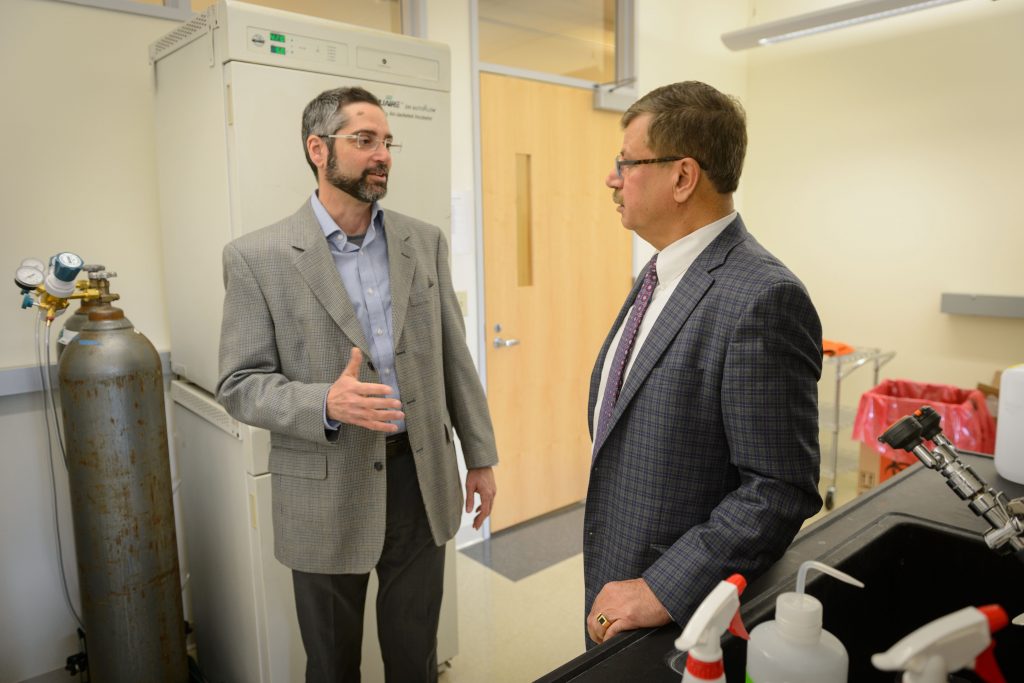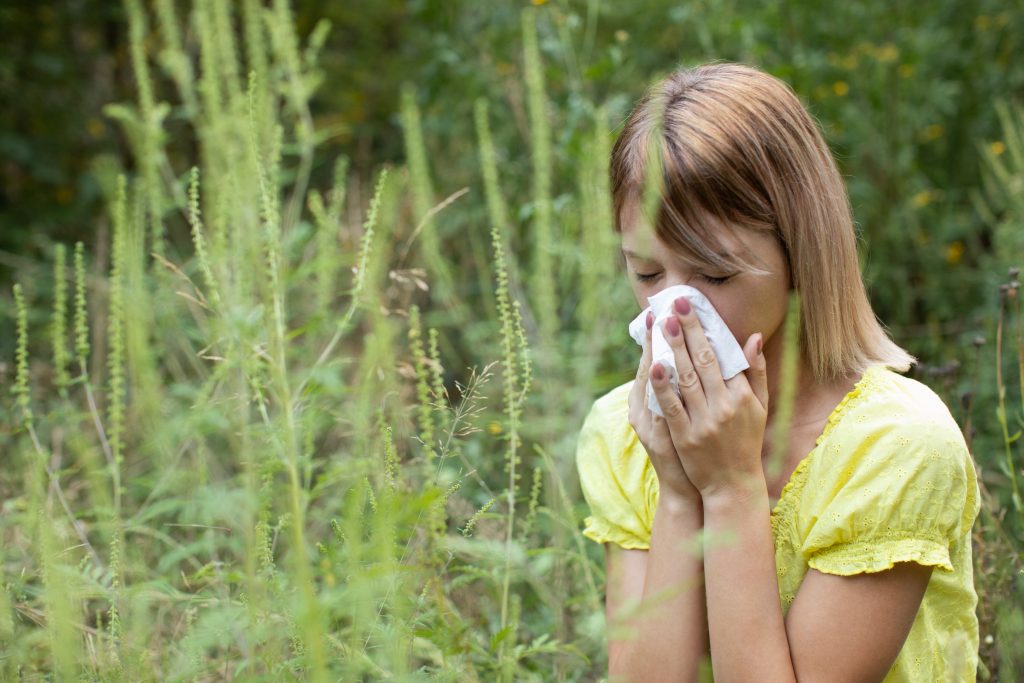Research & Discovery
UConn Health Researcher Investigates Potential Therapeutic Target for Insulin Resistance
Ming Xu, a researcher in UConn's Center on Aging has received a $2.2M from the NIH to study pathways related to insulin resistance.
April 30, 2020 | Anna Zarra Aldrich '20 (CLAS), Office of the Vice President for Research
TIP of the Iceberg: UConn Incubator Connects Industry and Researchers on Projects with Global Impact
UConn researchers partner with a digital health company to support new moms in Botswana thanks to an introduction through UConn's Technology Incubation Program (TIP).
April 29, 2020 | Anna Zarra Aldrich '20 (CLAS), Office of the Vice President for Research
UConn Puts Innovation to Work In Fight Against COVID-19
Joe Luciani of the Proof of Concept Center at the Innovation Partnership Building is putting his skills and technology to work for those on the front lines of the struggle against coronavirus.
April 28, 2020 | Angelina Reyes
2020 Convergence Awards for Research in Interdisciplinary Centers (CARIC) Announced
UConn's OVPR recently announced the 2020 Convergence Awards for Research in Interdisciplinary Centers (CARIC), an initiative that provides up to $150,000 to interdisciplinary teams to bid for major federally funded initiatives.
April 24, 2020 | Jessica McBride, PhD
Don’t Expect a Summer Reprieve From COVID-19
New preliminary research suggests warm weather may not cause as much of a drop in the spread of the novel coronavirus as some are expecting.
April 23, 2020 | Elaina Hancock
Cellular SaLaD: Understanding Cellular Processes with High-Tech Modeling Software
UConn researchers have received a $1.3M grant from the National Institute of General Medical Sciences to maintain and foster the development of a powerful software that has helped facilitate cell biology research.
April 23, 2020 | Samantha Korittke '21 (CLAS), Office of the Vice President for Research
Students Earn National Science Foundation Graduate Research Fellowships
Three UConn undergraduates, three graduate students, and six alumni have earned National Science Foundation Graduate Research Fellowships (NSF-GRFP).
April 23, 2020 | Mike Enright '88 (CLAS), University Communications
What’s Ahead for Connecticut’s Climate
A new report lays out the science projecting Connecticut's hotter, more uncertain future as the climate changes.
April 22, 2020 | Elaina Hancock
The COVID-19 Arms Race
The worldwide quest to find ways to prevent, treat, manage, or test for COVID-19 infection includes several Connecticut biotechs, including two UConn TIP companies and JAX.
April 21, 2020 | Chris DeFrancesco '94 (CLAS)
Got Seasonal Allergies? Beetles Could Help
An invasive plant at the root of much seasonal allergy misery could be controlled by another recent arrival: the leaf beetle.
April 21, 2020 | Elaina Hancock
